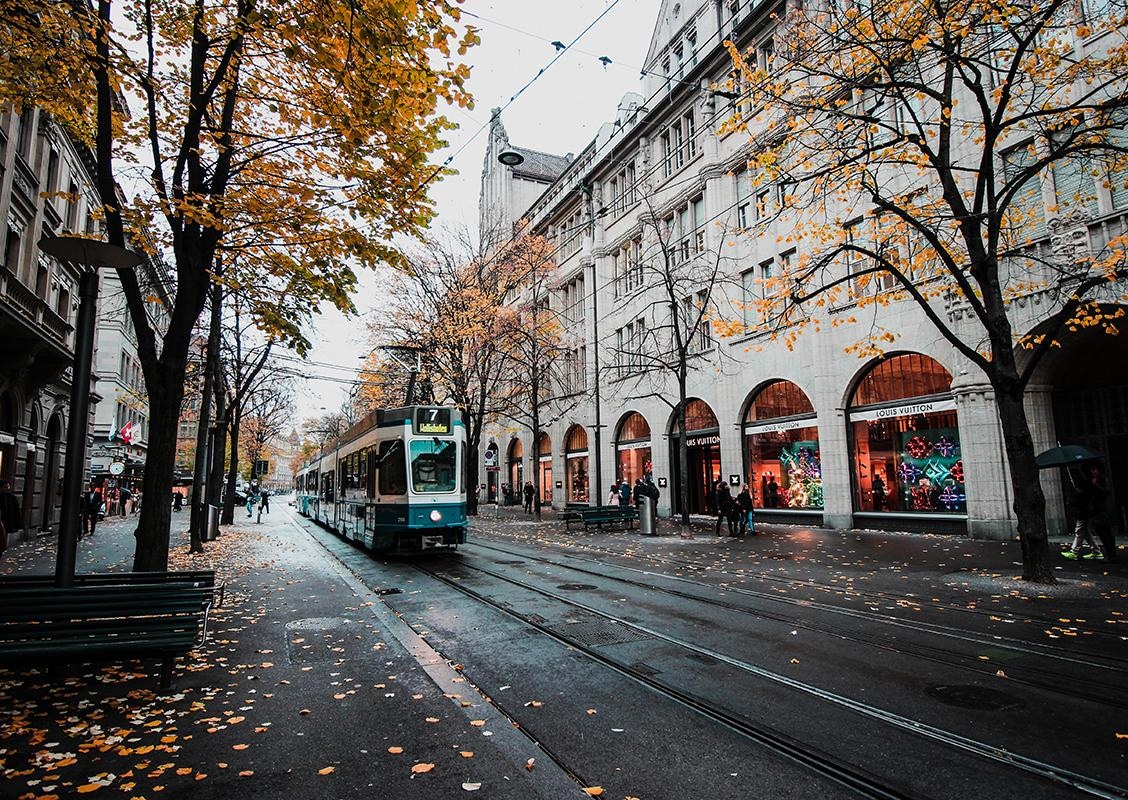The United Nations predicts that 70% of the world's population will live in urban areas by the year 2050, and with this in mind, it is important to understand the best ways we can live greener lifestyles within them. Cultivating better habits for green living can see us all do our bit for the environment going forward. Significant cultural changes need to happen in the ways that we approach many aspects of life so that we can begin to tackle the problems of global warming that are slowly starting to be felt in earnest.
Use Public Transport or Active Travel
One of the best ways that we can cut down our carbon footprints within cities is to make use of their abundant public transit systems such as buses, trams and underground metro systems. Cities tend to be very well-served for transport, and there will be a real focus at the government level on cutting down on the use of vehicles that use fossil fuels over the coming decades.
We are already seeing restricted traffic zones in some cities which penalise older vehicles or ban them entirely from entering. This is both to protect the air quality in the major residential and business areas of the cities and to cut down on emissions more generally in order to reduce the environmental harms being caused.
Active travel such as walking or cycling can not just bring advantages in terms of the environment but in terms of general health and wellbeing. Using cycle paths and improved infrastructure to make a greener commute can be enjoyable as much as it can be beneficial in other ways. Exercise is perfect for mental health, and it can also save money that may have otherwise been spent on a train or bus ticket.

Plan How to Reduce Your Carbon Footprint
Think about how you can reduce your carbon footprint and live a greener lifestyle. Make a note of all of the points and try to put them into action over the coming year. Try to make some time to implement them whenever you have an opportunity. Changes can be small, but they can add up. When you have made some changes and are happy with the way they are going, consider telling your friends on social media about it and offering to help them do the same.
You should also consider joining a local environmental group. There are normally many in most big cities, and you should be able to find one with people you gel with. They can also be a great way to make new friends with interesting people.
Work From Home
One of the best ways to live a greener life is to work from home rather than go into the city's centre for work. If you can negotiate remote working, this can cut out your commute altogether as well as reduce the need for your company to rent a large office in the city centre.
Working from home can allow people to accomplish many more tasks in their home as well, so you will be able to take the time to implement the green ideas you have put in place, such as separating your items for recycling, etc.
Buy Second-Hand Where Possible
In the era of "fast fashion", it can be good to remember that plenty of shops have high-quality second-hand clothing for sale. This can be a great way to find some clothes that are new to you at a reasonable price while at the same time not indulging the fast-fashion companies that are widely reputed to employ sweatshop practices on the other side of the world.
This can be a way to reduce your environmental impact while expressing your opposition to unfair working practices and may appeal to the more activist-minded amongst us.
Be sure to recycle any clothing that you have that is in good condition but which no longer fits you or that you would rather not wear any more. Many shops have clothing recycling points for this purpose, particularly in city centres, or charity shops sometimes accept clothing from people who deliver it to them. This will depend on the individual stores; you should always check with them first.
Shop Locally
Try giving as much of your business as possible to small, local shops and markets. This allows your money to circulate through the local economy rather than being eaten up in the profits of large chains. Supporting local shops and suppliers means that they will be more likely to be able to supply you with local produce in the future.
It may cost a little more or look slightly irregular compared to the "perfect" food sold in some supermarkets. Still, it is also likely to be of higher quality and to come from much nearer to where you live, cutting down on the miles it has travelled to reach you and cutting out large-scale transportation.